Trees and other vegetation grow on the site of a former soap factory in northwestern France.
While the greenery suggests all is well in the Ploufragan commune near the Brittany coast, the truth is that a plant for making cleaning products has left a mess. The surrounding soil is saturated with toxic hydrocarbons – byproducts of the soap production.
Pressing problem
Tackling such environmental damage is a priority for Dr Thomas Reichenauer under a research project that has received EU funding to investigate how microbes can be used to break down contaminants in soil and groundwater.
The problem is pressing because poisonous substances in the soil can seep into plants, which may then get eaten by animals, and can leak into groundwater, according to Reichenauer, senior scientist at the Austrian Institute of Technology in Vienna.
‘For these contaminants we are working on, it will take decades – or hundreds of years – until nature breaks them down completely,’ he said.
The EU has an estimated 2.8 million contaminated sites ranging from old industrial zones to landfills. Clean-up efforts vary across Member States, with Germany and the Netherlands leading the way.
The groundwater dimension is all the more acute because of worsening climate change, which threatens to cause increasingly severe droughts. So even as groundwater becomes a more precious resource, less may be available to drink if it contains industrial pollutants.
Reichenauer coordinates a project called MIBIREM that has received EU funding to speed up the process of decontaminating soil and groundwater by learning more about their microbiome – the collection of microorganisms in a particular environment.
The researchers are trying to figure out how microbes interact to break down three particular contaminants: cyanides, hexachlorocyclohexane and petroleum hydrocarbons.
Petroleum hydrocarbons are very common. While cyanides and hexachlorocyclohexane are less prevalent, they’re toxic enough to warrant developing technology for breaking them down.
The initiative began in October 2022 and runs until end-March 2027.
Good riddance
The process by which microbes can be stimulated to ramp up their consumption of contaminants is called bioremediation.
“For these contaminants we are working on, it will take decades – or hundreds of years – until nature breaks them down completely.
In the case of cyanides, for example, glucose could be added to the soil, according to Reichenauer, who originally trained as a geneticist and plant physiologist.
‘Bioremediation is eco-friendly as we don’t have to introduce any toxic or dangerous chemicals,’ he said.
There are other ways of removing pollutants from soil.
Plants have been studied as a potential method for removing heavy metals. But few commercial ventures exist because the removal process – another form of bioremediation – is slow.
Chemical remediation, while quicker, offers only a partial solution because it typically removes toxic substances by adding fewer from the outset.
MIBIREM will focus entirely on using microbes because they have the potential to be the fastest and most eco-friendly option, according to Reichenauer.
Soil tools
The project ultimately wants to come up with bioremediation tools for different industrial spots across Europe. In some cases, researchers hope to identify particularly useful microbes and store them for later use.
MIBIREM is focused on developing technologies that can be used on-site, sparing itself the hassle of excavating soil and transporting it. Because the project targets mainly industrial spots, which are often located in urban areas, treating soil in the original place is sometimes the only option.
“Better understanding the microbiome in the soil will be very important for improving technologies that address soil pollution.
In the case of the factory site in Ploufragan, where soap was produced for almost half a century until the mid-1990s, this would mean being able to treat the area without digging up the vegetation that has grown there since the buildings were demolished in 2017.
‘If you can show that it works in the fields, then there is a good chance that it can be commercially applied later on,’ said Reichenauer.
The global market for microbial bioremediation was valued at around €42 million in 2021. It’s projected to grow to about €85 million by the end of the decade.
Reichenauer sought to soothe any concerns that people might have about altering the microbiome of soil to remove contaminants, saying such changes are neither negative nor positive and occur in line with environmental influences regardless of any human intervention.
MIBIREM could help the EU meet targets set under a mission called “A Soil Deal for Europe”, which seeks a transition towards healthy soils by 2030.
Pilot projects
The use of microbes for bioremediation has also been the focus of an EU-funded project called GREENER, which is due to finish this August after four and a half years.
It has included pilot projects in Belgium, Ireland, Spain and China.
In the Spanish city of Toledo, for example, soil from a former machinery park was excavated and treated on-site, where microbes were used to remove hydrocarbons. For a wetland site in Belgium, microbes enabled the removal of heavy metals from the groundwater without extracting it.
‘We are working with clients that have a contamination problem and assisting companies that are performing remediation of the site,’ said Rocío Barros, the project coordinator. ‘Better understanding the microbiome in the soil will be very important for improving technologies that address soil pollution.’
Energy angle
GREENER went beyond MIBIREM in one respect: trying to create energy during the bioremediation process.
By coupling energy generation with soil and wastewater cleaning, GREENER sought to help diversify the EU’s power sources while removing pollutants from the environment.
The energy component involves the use of microbial fuel cells. As microbes break down organic molecules like hydrocarbons, chemical energy is converted into usable electrical energy.
Results on this front have been less than promising when it comes to ramping up such activity, according to Barros, who heads an environment, sustainability and toxicology research group at the University of Burgos in Spain.
‘Not all of the microbial fuel cells have reached a good enough performance for scaling up,’ she said.
This aspect of the project highlights the risks involved in research and development and, by extension, the importance of funding sources including the EU.
Some of the microbial fuel cells being used to treat water have shown potential.
‘The use of the fuel cells with wetlands has been very good,’ said Barros.
Hoping that microbial fuel cells can be further advanced, she is now seeking to develop a film that could be added to them to improve electricity generation.
Research in this article was funded by the EU. If you liked this article, please consider sharing it on social media.
EU Mission: A Soil Deal for Europe
“A Soil Deal for Europe” seeks to reduce pollution in the ground and protect the numerous species that live in it. Today, an estimated 60-70% of EU soils are unhealthy.
The Mission reflects soil’s role as a foundation for food production, fresh water, biodiversity and cultural heritage. 100 test sites, including on individual farms, will spearhead the Mission’s aim to transition to healthier soils by 2030.
Read more about the EU’s Soil Mission, here.
O artigo foi publicado originalmente em Horizon, the EU Research and Innovation Magazine.

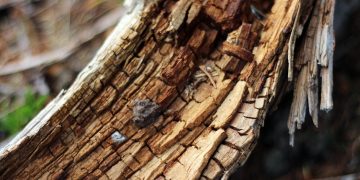

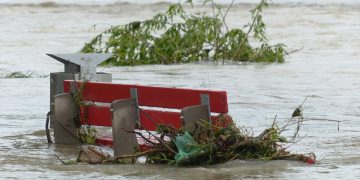
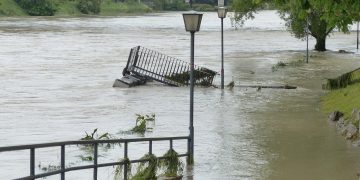
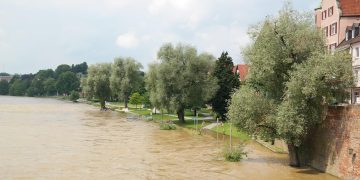

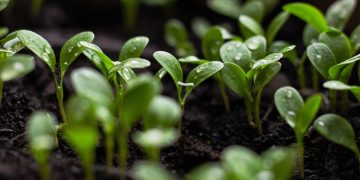













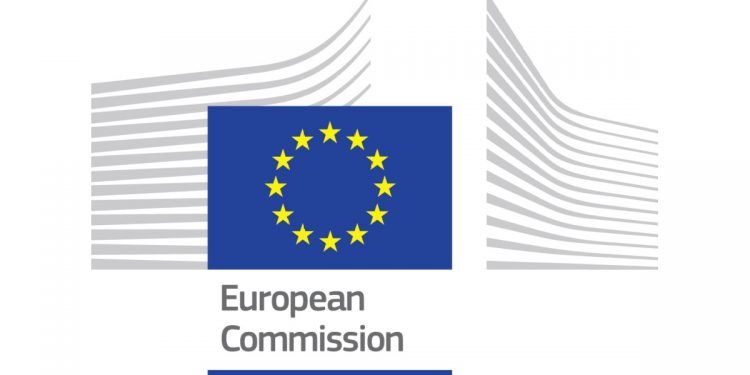

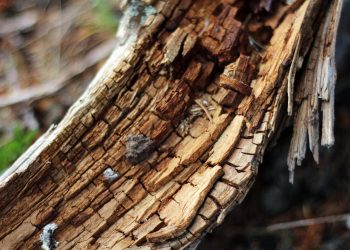
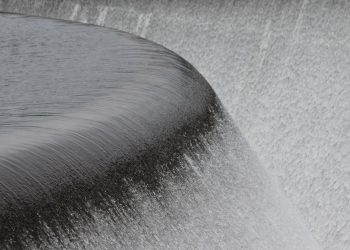




























Discussão sobre este post